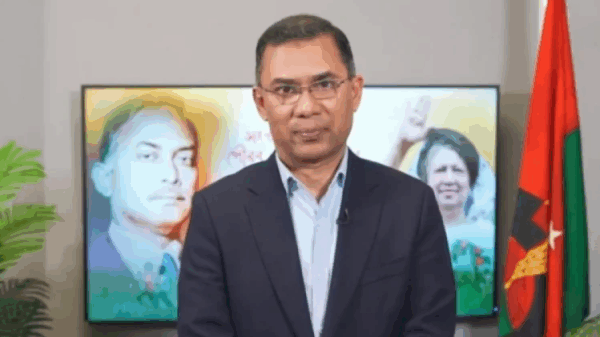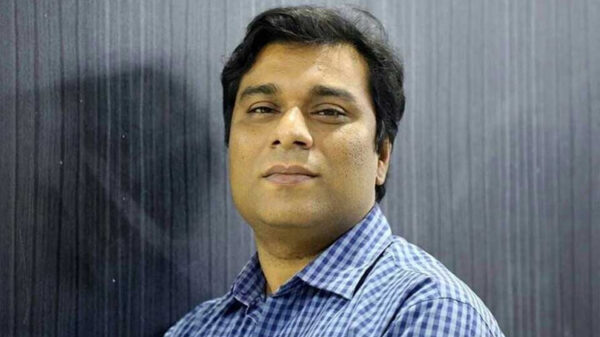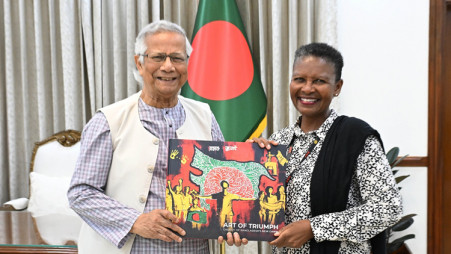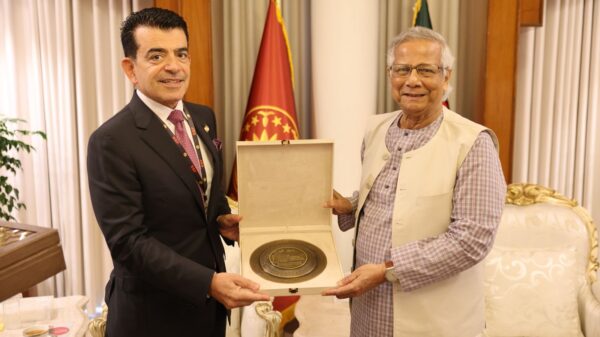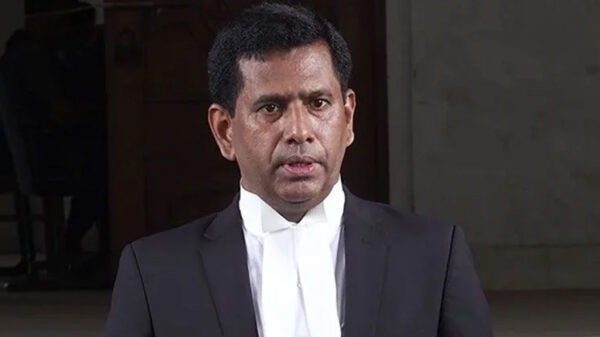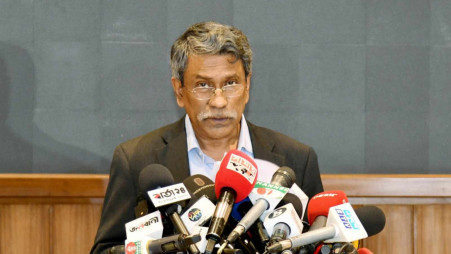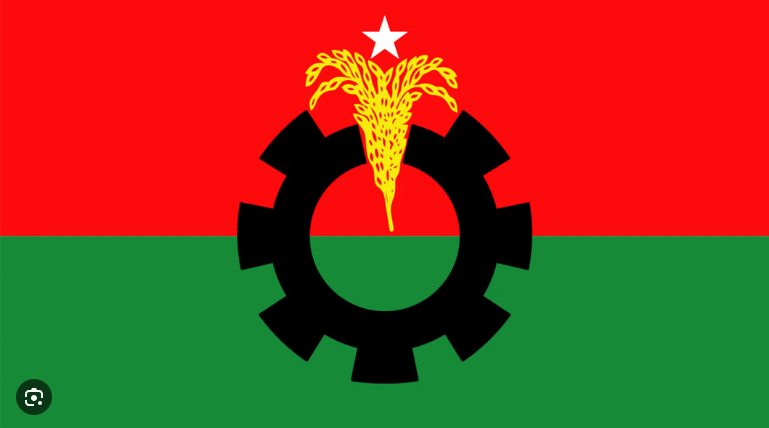Staff Reporter:
BNP senior leader Salahuddin Ahmed yesterday said most reforms can be done within a month if there is consensus, emphasising that there’s no valid reason to hold the election after December.
“We have been able to make it understood that there is not even a single mentionable reason to hold the election after December,” he said while talking to reporters after coming out of the second phase of the talks with the Consensus Commission.
The BNP leader also claimed that during the meeting, they observed that almost all political parties pro-posed holding the election before December this year.
He expressed the hope that the Chief Adviser would now take into account the collective proposal of the political parties. “We hope that, as a symbol of national unity, he will act with complete neutrality, ris-ing above personal attachment or emotion. The nation expects absolute impartiality from him,” Salahud-din said.
He said they believe the parliamentary election can be held by December. “Before that, we can identify key reforms, particularly those related to the electoral process, which can be undertaken on an urgent basis and implemented through consensus.”
The BNP leader stressed that there are no reforms that cannot be carried out within a month. “We have received a report yesterday that several reforms across various sectors have already been implemented by ordinances issued through the Law Ministry. Many others are in the pipeline. These can be executed ei-ther by ordinance, executive order, or even office order.”
Salahuddin also said all reforms, except those requiring constitutional amendments, can be implemented within a month through ordinances, executive orders, or administrative directives based on consensus.
In response to a question, he said, “We discussed various constitutional proposals submitted by different parties. Considering the sincerity being shown, it is possible to reach a consensus and finalise the char-ter.”
The BNP leader said there will naturally be disagreements on certain issues and they do not expect every party to agree on everything. “If a formal charter is signed based on a consensus, it would be enough. It will also be reflected in our election manifesto and presented as a commitment to the nation.”
Speaking about the Consensus Commission, Salahuddin said, “In my opinion, they are showing genuine sincerity. However, they have already lost valuable time. We hope they won’t take much longer. We believe everything can be compiled within this month.”
BNP’s Meeting with Consensus Commission Tuesday
Meanwhile, the second round of talks between BNP and the National Consensus Commission is sched-uled to take place at 11 am on Tuesday at the Foreign Service Academy.
The same BNP-delegation, led by Salahuddin Ahmed, will participate in it.
Earlier, a three –member BNP delegation, led by Salahuddin Ahmed, joined the second phase of talks organised by the National Consensus Commission at the Foreign Service Academy.
The meeting was held with Chief Adviser Professor Muhammad Yunus, who heads the National Consen-sus Commission, in the chair, aiming to resolve the disagreements over key reforms that hindered pro-gress in the first round. All the parties involved with the reform initiatives participated in the meeting.
The other members of the BNP delegation are Ismail Zabihullah, a member of the party chairperson’s advisory council and Barrister Ruhul Quddus Kajol, former secretary of the Supreme Court Bar Associa-tion, said BNP media cell member Sayrul Kabir Khan.
This meeting was part of the ongoing talks that began earlier this year to build a broad political agree-ment on important national reforms.
The first phase of the National Consensus Commission’s meetings with 33 political parties took place from February 15 to May 19.
While the major political parties reached a consensus on most of the reforms, they disagreed on some key issues.


